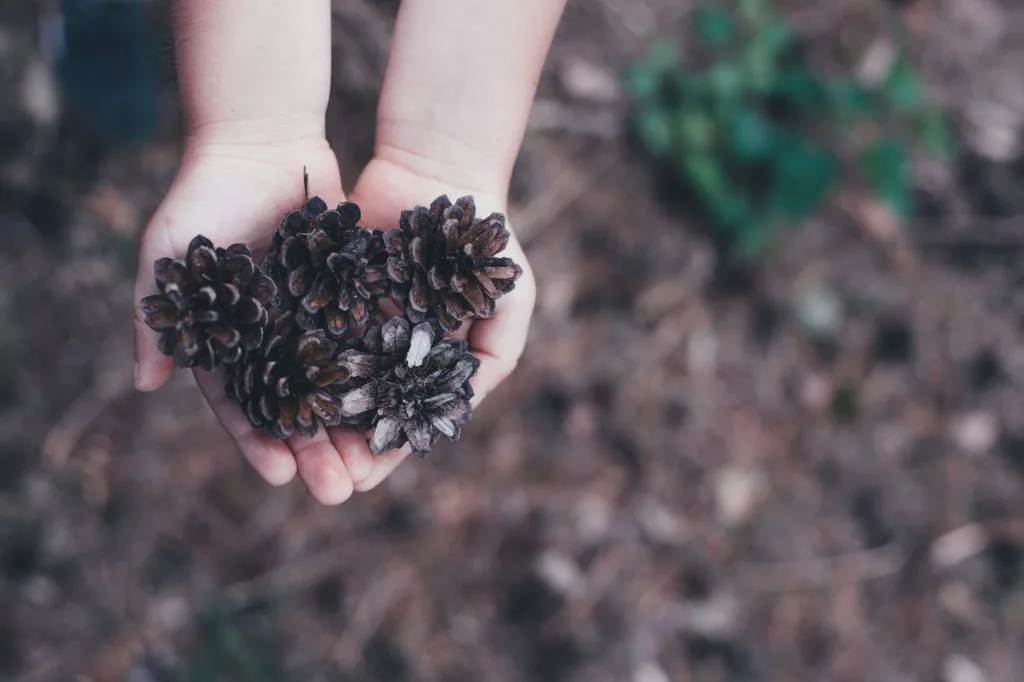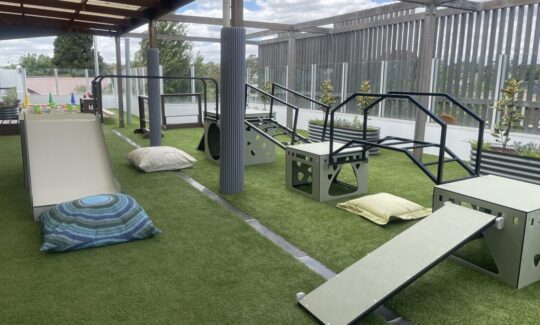Loose Parts Play


What is Loose Parts Play?
Have you ever noticed that if you leave old junk around, whether it be empty boxes, rope, string or pieces of wood, your child will almost inevitably play with it? Or perhaps you have observed your child occupied with the package a toy came in while the toy itself remains untouched? These are all examples of Loose Parts Play. Jenny Kable shared her tips for encouraging Loose Parts Play at home.
The ‘Loose Parts Theory’
The ‘Loose Parts Theory’ has been around for generations. In fact, the term was first used by Simon Nicholson in 1971 to describe the fundamental materials that can be manipulated and used by children in their play environment.
Loose Parts open the door to children’s self-directed creative and imaginative play. These humble materials, when combined with time, space and the support of an interested parent or carer can have many benefits for a child’s learning, growth and development.

Why is Loose Parts Play important?
Loose parts play provides children of all ages and stages with an enabling environment full of interesting objects that support curiosity, creativity, imagination and invention.
With no prescribed method of play, children can assign their own purpose and meaning to the objects they are playing with allowing them to explore, create and imagine in all the senses of those words.
Loose Parts Play benefits
Playing with loose parts can build on children’s learning through:
- Increasing physical activity
- Enhancing cognitive skills
- Increasing focus and engagement
- Boosting natural curiosity
- Inviting conversation and collaboration
- Developing higher levels of critical thinking and problem solving.
Examples of Loose Parts Play materials
Home is the perfect environment for you to introduce loose parts to your children. The only limitation is your imagination. Nearly any safe household object or garden item in your natural environment can act as loose parts materials and encourage and inspire Loose Parts Play. As adults we often forget how an object can be used in play.
Loose parts play materials include:
- Rope, bedroom sheets and laundry baskets are wonderful tools for building forts and cubby houses indoors during the wet and colder months
- Colanders, frying pans and metal bowls make great musical instruments
- Leaves, petals, dried flowers, feathers, shells and paper are natural resources to make a collage masterpiece.
- Fabrics such as ribbons, scarfs and laces an be used to decorate a plant.
Loose Parts Play ideas
Only About Children can help your child to grow, make friends and explore the world.
Only About Children can help your child to grow, make friends and explore the world.
Related Reads


Advice On Sleep & Settling
Sleep consultants, Carolyn Van Balkom & Natelie Van Wickel, from Safe Sleep Space share tips and advice on sleep & settling for babies and toddlers.

The New Kinder Yard Is Open at OAC Camberwell
Our new Kindergarten outdoor space at OAC Camberwell is officially open. Designed for adventure, creativity and connection with nature, it is already inspiring big play and curious minds.
